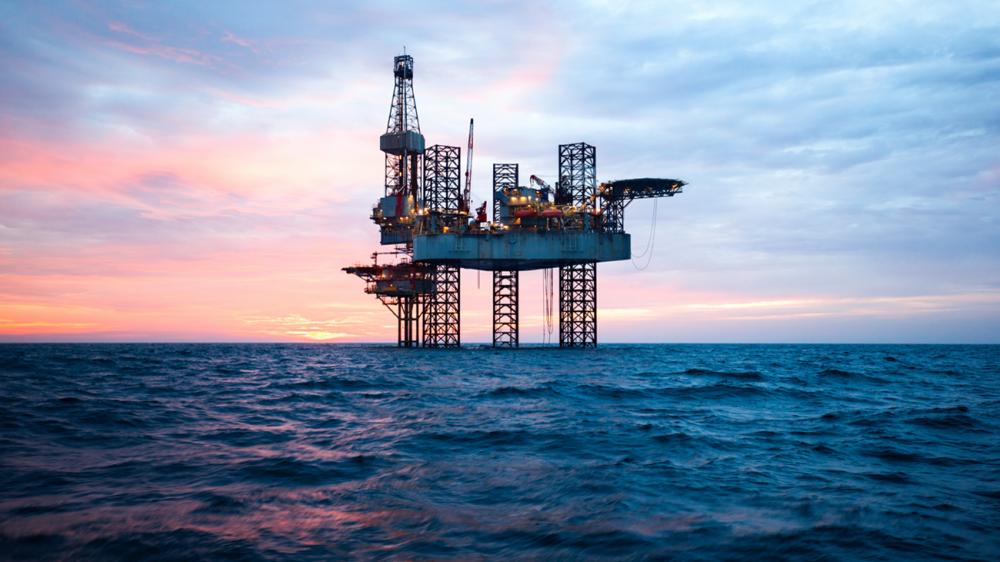The Greek Hydrocarbons and Energy Resources Management Company (HEREMA) is moving forward with the first official conservative estimate of the country’s gas reserves. The company presents preliminary data regarding the off shore blocks in the Crete region and the Ionian Sea, in its annual financial report for 2023, focusing on Greece’s hydrocarbons.
The conservative estimates of potential reserves are around 24 trillion cubic feet (680 billion cubic meters) of natural gas, according to the report. If these figures are confirmed, the reserves have the potential to meet both the current and future domestic gas needs, positioning Greece as an exporter by the end of the decade.
There are eight hydrocarbon exploration and production contracts currently active in Greece. These contracts involve major investors, such as ExxonMobil, HELLENiQ ENERGY, and Energean, with key regions of exploration including offshore blocks in the Ionian Sea and areas west and southwest of Crete in the Aegean.
HEREMA emphasizes that 2023 was a preparatory year, focusing on seismic and data analysis, with decisions on exploratory drilling set to be made in 2024. The report data indicate the potential of promising developments, including successful 3D seismic surveys and plans for further investigation, particularly with ExxonMobil in Crete.
If these reserves are verified, Greece’s gas deposits could be comparable to the largest in the Eastern Mediterranean, such as Egypt’s Zohr field, which holds 30 trillion cubic feet.
Given the fact that Greece’s annual natural gas consumption is around 4 to 5 billion cubic meters, it becomes evident that the economic impact for the state could be substantial, with benefits from income tax, production dividends, and resource redistribution to support local economies and the energy transition.




